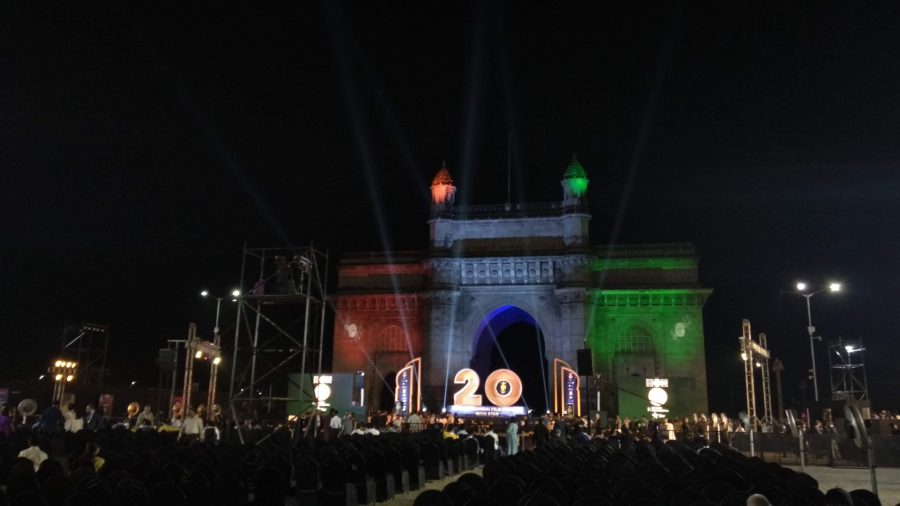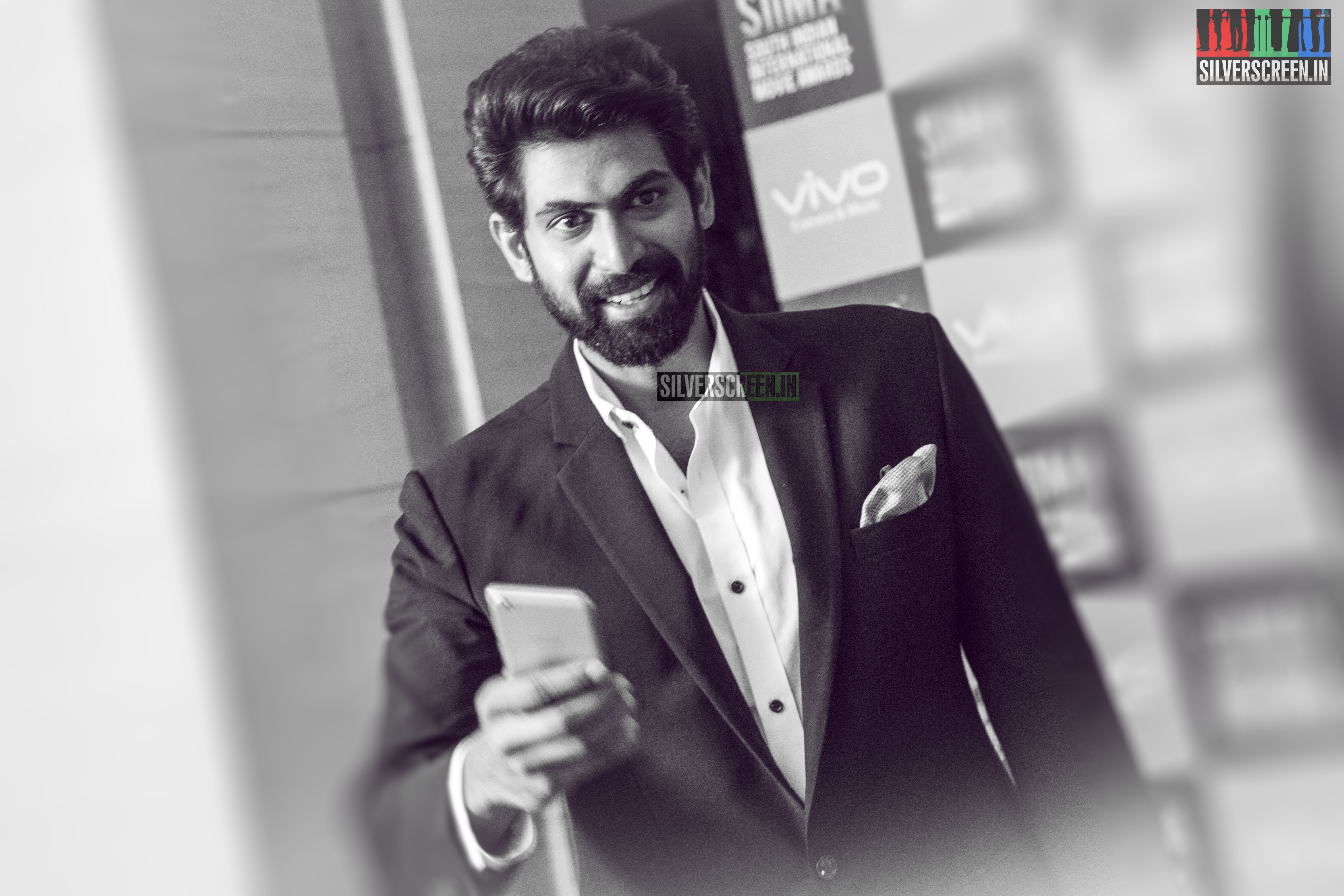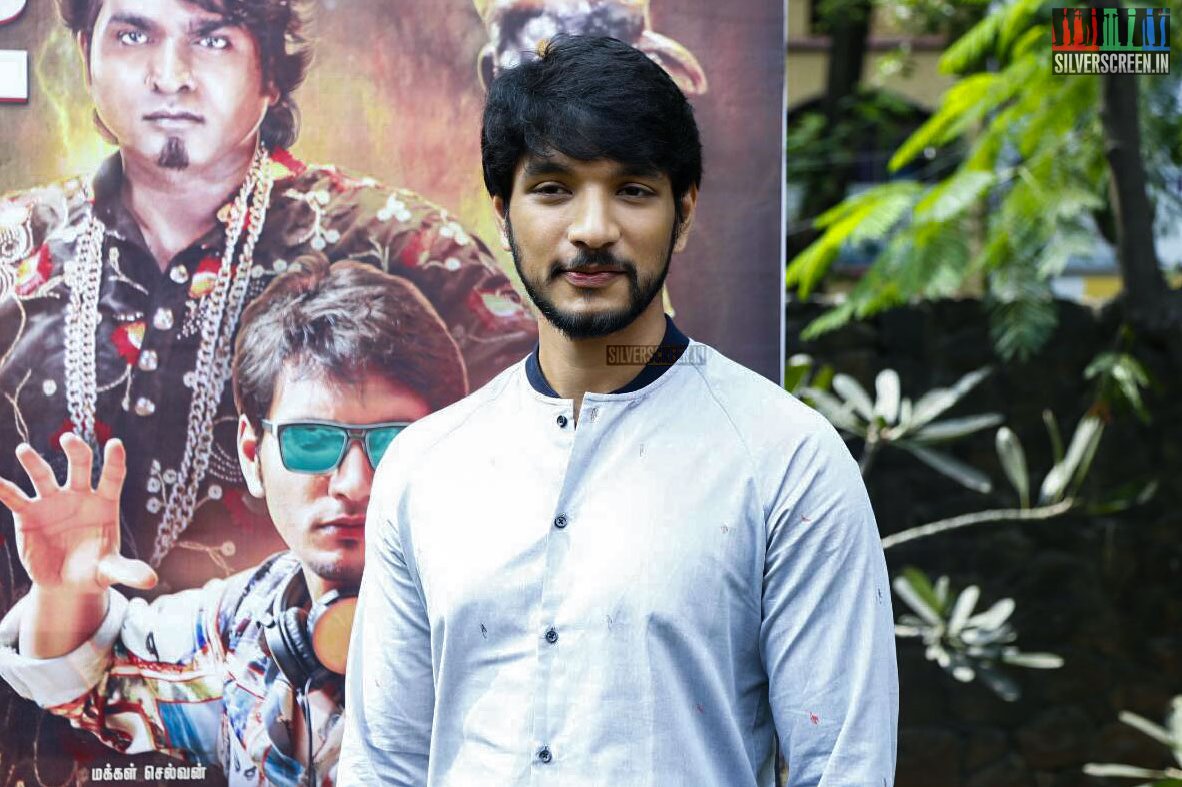Dispatch one from the MAMI Mumbai film festival that began on October 25
For a film-festival screening, the Indian premiere of Roma, Alfonso Cuaron’s Mexican drama, happened in absolute silence. Whenever a phone vibrated or a member of the audience threatened to bite into a crunchy snack, others intervened and averted it. It was as though the usually undisciplined theater ambiance had been reformed to welcome Roma, and the audience had taken it up on themselves the responsibility of ensuring that nothing came in between them and the film. “You are the first crowd in India to watch this film,” said Anupama Chopra, director of the 20th MAMI Mumbai film festival, and the palpable excitement inside the screening hall grew manifold.
Film festivals are where you meet this other side to the audience; where film watching becomes an activity that also encompasses the conduct inside the movie hall and the discussions that follow the screenings. The 20th MAMI Mumbai film festival, of course, didn’t begin very well. The first day (October 25) opened to a seating reservation fiasco which got resolved rather soon, but not without the delegates registering their angry protest on social media. The festival, in its 20th year, features perhaps the most formidable film line-up in its history. From Roma to Hirozaku Kore-eda’s Shoplifters, it has a huge bunch of quality films that picked up prizes and praises at major film festivals across the world.
Another crowd-puller was the festival’s opening film, Vasan Bala’s Mard Ko Dard Nahi Hota (Man Who Feels No pain), which was screened, curiously enough, nearly a day after the opening ceremony. Those waiting in the long queues outside the three screening halls of the film – it had won a standing ovation at Toronto International Film Festival – occasionally broke into argument when a delegate slyly jumped the queue or mistook a curve of the queue for its tail end.
Rarely do two films by a filmmaker get showcased in a film festival. South Korean filmmaker Hong Sang-soo made 15 films in the last 10 years, and his two latest films – Hotel By The River and Grass – were screened at MAMI on day one. Hotel By The River – slow-paced, monochromatic, and quasi autobiographical, about an old poet and the delicate familial relationships that he tries to mend – is a strangely affecting film. Grass runs for merely 66 minutes, is shot in black and white, and proceeds through conversations – the wavering dynamics of it.
Conversation On #MeToo
Being held in the wake of the country’s strongest Me Too movement, the MAMI Mumbai Film Festival grappled with an unprecedented policy crisis this year. To show their solidarity with the movement, the festival organisers dropped a handful of movies where people accused in sexual harassment cases or those who allegedly protected the accused in these cases, were involved in some role. This gesture threw the festival into a murky situation as one of the filmmakers, Shazia Iqbal questioned the decision to drop her short film Bebaak – which has a prominent female cast – for the reason that it had Anurag Kashyap, who is accused of shielding his former business partner Vikas Bahl in a sexual harassment case, as one of the co-producers.
At the stellar opening ceremony held at the Gateway Of India on Thursday evening, Anupama Chopra, the festival director, acknowledged the controversy and reiterated the festival committee’s commitment to the ongoing movement. “We are starting the festival with conflicted emotions, in solidarity with the Me Too Movement. We decided to exclude certain films from the festival. As filmmakers and film lovers, we understand and regret the pain we have caused. I want to here personally apologise to all the people we have disappointed,” she said.
Taking its expression of solidarity with the movement further, the festival held a conversation event on Friday at one of the PVR screens in Andheri, attended by actors Renuka Shahane, Parvathy TK and Padmapriya, filmmakers Anjali Menon, Kabir Khan and Shonali Bose, and moderated by filmmaker Ruchi Narain. “We don’t want discussions to be up in the air. At select venues, we will have the #MeToo solidarity wall where we will invite comments from people. The conversation should be an ongoing thing. We don’t want it to dissipate at all,” said Smriti Kiran, the creative director of the festival, in an interview to The Hindu.
We stand in solidarity with #MeToo, and if you do as well, then come on over to PVR Icon and sign our solidarity wall and help us make this bigger! #ItHappenedAtMAMI2018 #JioMAMIwithStar2018 pic.twitter.com/ahR43Kkcfp
— JioMAMIMumbaiFilmFestival (@MumbaiFilmFest) October 26, 2018
From the unsaid diktat on sets pertaining to the dressing styles of women to Malayalam film industry’s complicated relationship with its rebel film fold, Women in Cinema Collective, the conversation session covered a variety of issues. Interestingly, the only male panelist, filmmaker Kabir Khan, was posed with questions on the female representation in his films and his frequent collaborations with actor Salman Khan, whose toxic masculinity on and off screen is infamous. “Will you make a conscious effort to change your approach?” asked Narain who gracefully added that these questions, albeit uncomfortable, were essential at the moment. Khan shielded himself diplomatically.
“I am not going to make a conscious effort, although I could say that I might reconsider, take a re-look at what I write from now on. Yes, in a prominent way, we are not happy with the way women are portrayed in mainstream cinema which is a powerful medium. With this movement, more filmmakers will be sensitized on this issue.” When a member of the audience asked Khan if his association with Salman Khan made him complicit in sexual harassment cases levelled against the latter, his fellow panelists shielded Khan. Focusing on individuals trivialises the issue, said Narain.
Casting director Tess Joseph spoke of how she protected and stood up for her young female clients. “If there is an intimate scene, especially involving a young actress, I will ask the filmmaker why the scene is important,” she said. Filmmaker Anjali Menon, one of the founding members of Women in Cinema Collective (WCC), spoke about how the Malayalam film industry was reacting to the formation of the rebel collective fighting for gender equality in a very patriarchal space. “We (WCC members) are seen as a constant threat, and it has been affecting our work. There are people who don’t want to work with actors or technicians who are part of WCC as they might ‘speak up’.” Actress Padmapriya, who was one of the three artistes who attended the controversial AMMA general body meet on August 7, cited an incident when she was told by a filmmaker that he had to remove her from the cast as he feared there might be consequences.
Recommended
“This is about speaking up against a culture, not a person,” said Anjali Menon. “This has been our work culture for so long, and it is important to step away from that culture. This is not a generation gap, but a cultural gap. So it’s important to empower everyone. And it’s not just the film industry that need this reform. A whole mindset that needs to shift. General public needs to be aware that when they endorse a film they are also supporting a certain culture. There is politics in everything we do,” she said.
Winding up the session, Narain said, “We are at the beginning of a phase where we don’t have all answers. These conversations are going to open up a certain consciousness. Filmmakers should see what they are endorsing.”
*****



